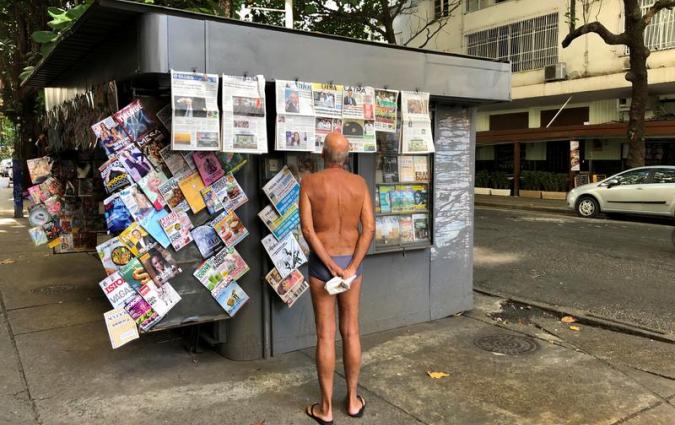Continuity and change in the Cuban media under Raúl Castro

Reuters Institute Fellow's Paper
Flávia Marreiro, until recently a reporter at Brazil’s Folha de Sao Paulo newspaper, has written a fascinating analysis of what has and has not changed in the media landscape in Cuba since Raúl Castro took over from his elder brother, Fidel, in 2008.
In her paper, 'Continuity and change in the Cuban media under Raúl Castro', Flávia outlines some of the changes such as the greater space allowed for the critical church magazine, Espacio Laical, and the transmission of programmes by Telesur, the regional television channel financed by Venezuela. However, it is in the realm of the internet (where usage is very low) and mobile telephony (where usage is growing fast) where more radical changes may come. Reliable statistics are hard to come by for social media use in Cuba, but Flavia conducted novel research using geolocation tools to follow social networks and statistics from Google Analytics to delineate a strong presence of state generated content and some new actors from the opposition.
She also examined the widespread use of pen drives to disseminate information outside of the state-controlled media. Flávia argues that advertising may play a key role in the future: ‘After the "blog era", there are signs that the digital world is entering a new phase, where digital newspapers and/or magazines are fighting over readership and market share with state-controlled media outlets on the island and abroad. A central theme here is advertising.
Currently, the Cuban authorities do not allow advertising in the official media or other types of vehicles, but the new media are eager to attract foreign and local business advertisements, and especially owners of new small businesses authorized by the government. To some extent, these unofficial, or at least without the official seal, publications are trying to fill that void. Perhaps even more relevant is the fact that the "offline" network is being used to distribute advertising for new businesses authorized by the government - in the absence of a clear legal framework for advertising. There's even a magazine on culture and celebrities, Vistar, produced only for circulation through pen drives.'
As with all Fellows’ research papers, any opinions expressed are those of the author and not of the Institute.
Image: REUTERS/Carlos Garcia Rawlins






